Invest in Our Future’s grantees are working to unlock federal clean energy and climate investments nationwide, particularly benefiting underserved communities. We fund organizations building enduring partnerships and ecosystems of support that are empowering communities across the country to meet their self-determined needs.
Some of Our Grantees Include:
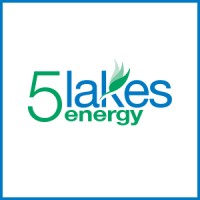
5 Lakes Energy LLC
Read More
5 Lakes Energy LLC supports nonprofits, businesses, and government agencies through design and implementation of climate and clean energy solutions. With philanthropic support, 5 Lakes offers grant-writing and other assistance to help not-for-profit entities like local governments, Tribes, and nonprofit organizations secure transformative funding. Invest in Our Future’s grant supported further expansion of these grant offerings to local governments, Tribes, and nonprofits across Michigan seeking public funding to advance clean energy within the state’s environmental justice communities.

Action for the Climate Emergency
Read More
Action for the Climate Emergency (ACE) is a nonprofit that has spent more than 15 years driving support for the clean energy transition through campaigns to reach under-engaged audiences, viral content shaping narratives on decarbonization, election mobilization, and youth leadership training. Following passage of the Inflation Reduction Act, ACE launched the Clean Economy Accelerator. With support from Invest in Our Future, the Clean Economy Accelerator aims to inspire greater support for faster clean energy buildout and wider adoption of the law’s consumer-facing incentives.

Alliance for Tribal Clean Energy
Read More
The Inflation Reduction Act created unprecedented funding opportunities for Native American Tribes, yet the majority of Tribes lack the capacity and expertise to access this funding. The Alliance for Tribal Clean Energy (ATCE)—an Indigenous, women-led nonprofit—is working to bridge the gap, so Tribes can develop, construct, and manage new clean energy infrastructure with the aid of federal dollars. With a grant from Invest in Our Future, ATCE began offering energy planning, grant writing, project financing, and project development services to Tribes, and formed a partnership with the Solar Energy Industries Association to vet and recommend reliable clean energy developers. They also helped convene Tribes, state and federal policymakers, and other key partners at the 2023 Tribal Energy Equity Summit.
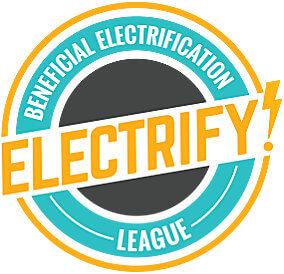
Beneficial Electrification League
Read More
Beneficial Electrification League (BEL) promotes the broad advantages of electrification and builds support for electrifying the country’s economy within electric utilities, environmental groups, and communities. BEL is focused on helping rural electric cooperatives and municipal utilities launch modernization projects supported by federal funding. They are also engaging rural communities and rural energy cooperatives to offer technical assistance around the Inflation Reduction Act’s Direct Pay offerings.
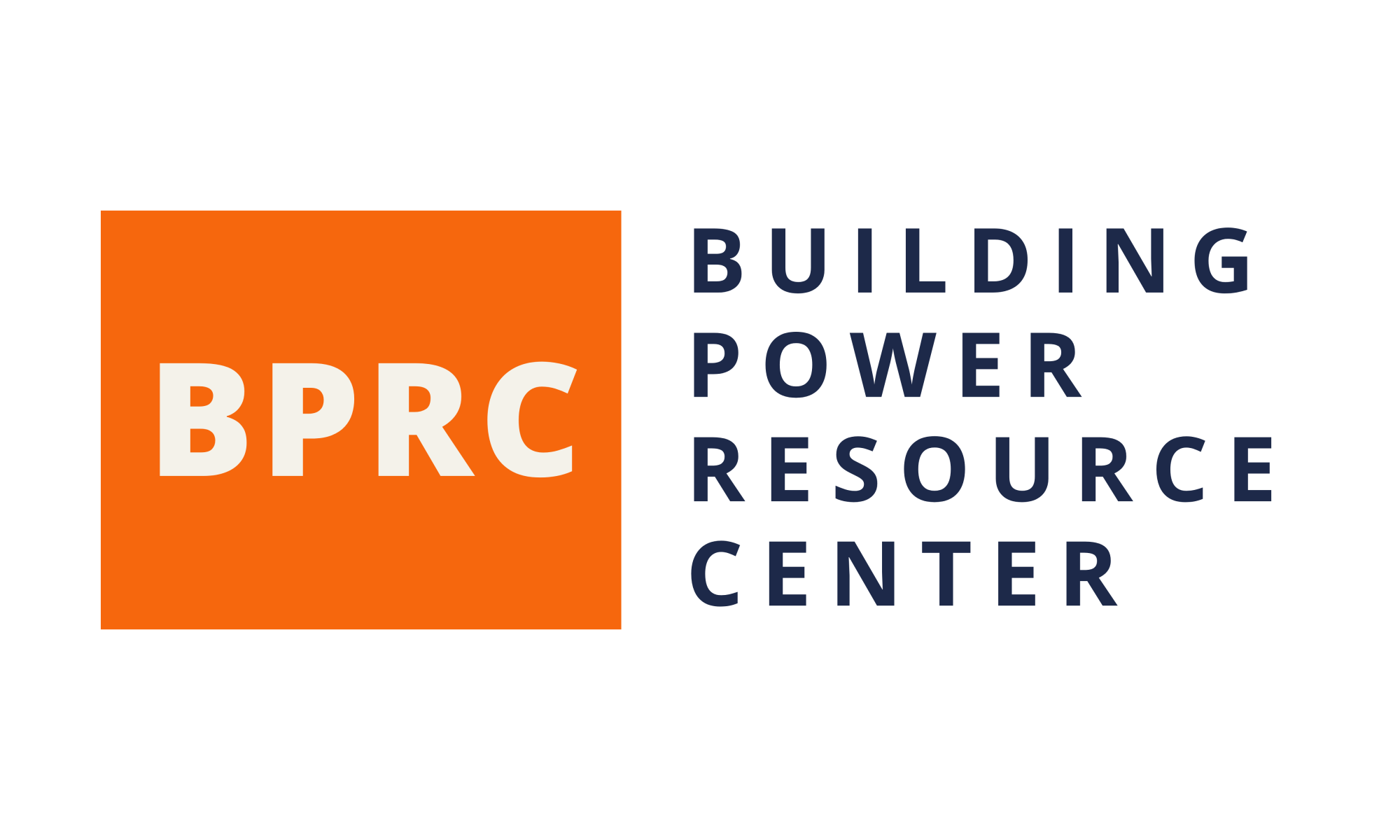
Building Power Resource Center
Read More
Building Power Resource Center
The Building Power Resource Center (BPRC) is a new national resource hub for community organizations and government staff, advancing the use of federal funds for new projects in the buildings and power sector. With a focus on co-governance, BPRC facilitates engagement between government and community organizations, unions, and climate groups, to develop state and local programs that drive real benefits into communities that have been left behind. With a grant from Invest in Our Future, BPRC expanded efforts to provide technical assistance and build capacity, address clean energy deployment barriers, and amplify successes generated by co-governance approaches.

CHARGE Partnership
Read More
A collaboration between the National Association of Community Health Centers (NACHC), Capital Link (an affiliate of Capital Fund), and Collective Energy, the CHARGE Partnership is supporting the installation of solar+storage systems at community health centers, unlocking energy savings and keeping these facilities operational through emergencies. There are roughly 16,000 community health center sites nationwide, which collectively serve nearly 32 million people—the majority of whom are low-income. The CHARGE Partnership develops turnkey proposals for prospective partners and helps them pursue financing options, taking projects up to the point of construction before requiring any payments.

Capital Good Fund
Read More
Capital Good Fund is a nonprofit, U.S. Treasury-certified Community Development Financial Institution founded in 2009 to use inclusive, equitable financial services to address poverty and advance the green economy. Operating in 11 states (Rhode Island, Massachusetts, Delaware, Connecticut, New Jersey, Florida, Illinois, Pennsylvania, Colorado, Georgia, and Texas), Capital Good Fund has provided more than 16,000 loans—totaling over $48 million—to low- and moderate-income families and communities. These loans have financed a wide range of projects, including heat pump installations and home insulation, solar and battery storage leasing, and more. A grant from Invest in Our Future supported the creation of Capital Good Fund’s “Direct Pay Platform,” scaling their solar+storage leasing model for use by Solar for All awardees and other partners.
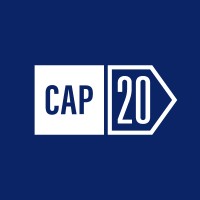
Center for American Progress
Read More
Since its founding in 2003, the Center for American Progress (CAP) has worked to turn progressive ideas and values into actionable policy that improves lives. CAP’s staff and affiliated experts engage a wide range of issue areas including clean energy, climate change, economics, national security, and health, among others. They drive change at the federal, state, and local level, through research and analysis, communications and storytelling, convenings and education, and more.

Civic Nation
Read More
Civic Nation is a nonprofit that facilitates high-impact organizing and education initiatives. Since its founding in 2015, Civic Nation has built a broad network with more than 1,300 media, corporate, and nonprofit partners, 1,400 high schools, and hundreds of affiliated celebrities and influencers, all of whom have been tapped for ranging from connecting student loan borrowers to affordable repayment plans, to ramping up voter engagement, to increasing confidence in and uptake of COVID vaccines in communities of color. With a grant from Invest in Our Future, Civic Nation launched the Save on Clean Energy campaign, mobilizing its network to raise awareness and understanding of the Inflation Reduction Act’s consumer-facing clean energy incentives.
Clean Energy Fund of Texas
Read More
The Clean Energy Fund of Texas (TxCEF) launched in 2021 with the mission of making clean energy resources affordable for all Texans, providing them a healthier, prosperous, and just future. TxCEF provides competitive financing for clean energy projects, while prioritizing projects serving disadvantaged communities. As a partner organization in the Texas Solar for All Coalition that secured a $156 million Greenhouse Gas Reduction Fund (GGRF) award, TxCEF is deploying a portion of the award to finance solar (or solar-plus-storage) assets at over 40 minority serving institutions in southern states.
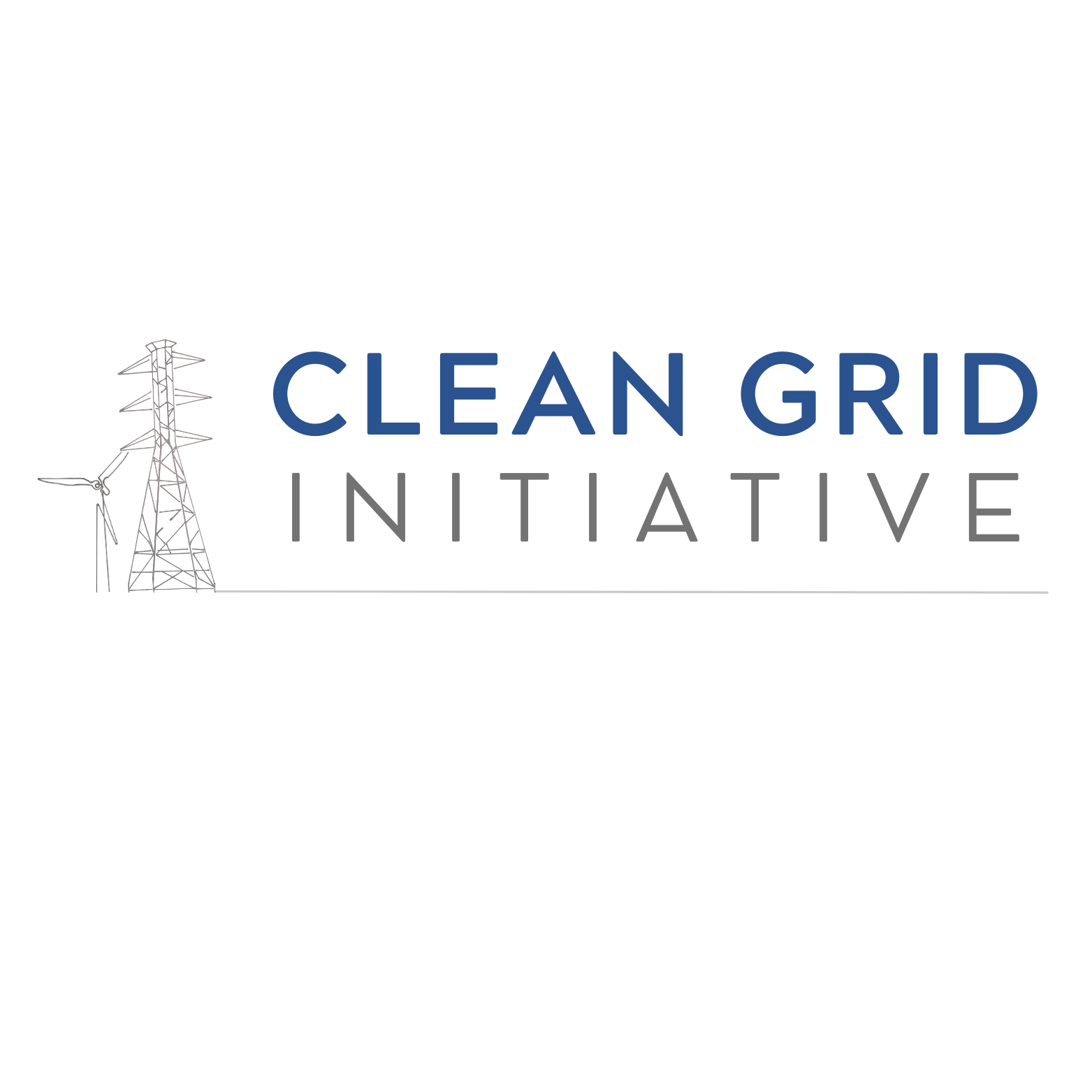
Clean Grid Initiative
Read More
Clean Grid Initiative (CGI) was founded to ensure that the country’s transmission infrastructure can sustain rising demand for electricity. CGI provides strategic leadership and philanthropic support for a nationwide effort to modernize and expand the transmission grid. The organization engages in grantmaking focused on executing high-impact campaigns to shape federal and regional policy, attracting more—and more diverse—advocates for faster transmission growth, and providing communications and technical support for deployment of federal transmission investments.
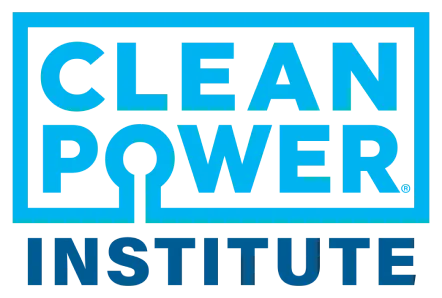
Clean Power Institute
Read More
The Clean Power Institute (CPI) is the 501(c)(3) affiliate of the American Clean Power Association, founded to raise public support for clean energy deployment and build an inclusive, skilled clean energy workforce. A grant from Invest in Our Future supported CPI’s effort to expand job pathways through clean energy technician “microcredentials.” CPI is partnering with community colleges and industry to craft course curriculum and develop a certification process, beginning with a pilot for wind technician training and expanding over time to cover skills for a range of clean technologies.

Climate Jobs National Resource Center
Read More
Climate Jobs National Resource Center (CJNRC) is a labor-led organization dedicated to creating a worker-centered clean energy economy that grows an inclusive middle class with equitable access to good union jobs. Launching out of a successful effort in New York to secure investments in clean energy infrastructure paired with strong worker protections and labor standards, the organization now boasts labor-led coalitions in Connecticut, Illinois, Maine, Massachusetts, New York, Rhode Island, Texas, and Washington state.

Climate Power Education Fund
Read More
Climate Power is a strategic communications organization focused on informing the American people of the value and benefits of clean energy investments, the state of play in the effort to overcome climate change, and the harms caused by an oil and gas industry that pollutes our air and water while squeezing family budgets.

Climate United
Read More
Following passage of the Inflation Reduction Act, Calvert Impact, The Community Preservation Corporation, and Self-Help Ventures Fund—three national nonprofit financing entities with deep experience in equitable community development and green finance—joined together to form Climate United. Climate United was recently selected to administer funds from the Inflation Reduction Act’s Greenhouse Gas Reduction Fund (GGRF) and will use these funds to finance green loans for mortgages, building upgrades and retrofits, clean technology adoption, and larger-scale clean energy deployment—the vast majority of which would be invested in low-income and disadvantaged communities, rural communities, and Tribal communities.

Climate and Clean Energy Equity Fund
Read More
The Climate and Clean Energy Equity Fund supports community-based organizations in 13 states working to advance smart climate policy and scale clean energy deployment while combatting fossil fuel disinformation.

Common Ground
Read More
Common Ground is a multi-racial, multi-faith coalition of 45 member organizations—schools, small businesses, non-profits, congregations, community groups, and unions—in Milwaukee and its surrounding counties. Over 16 years, the group has secured $33.8 million from banks over predatory lending schemes, created a healthcare collaborative, and won City oversight of public housing. Invest in Our Future awarded Common Ground Inc. a grant for a campaign in Milwaukee’s north side to promote the benefits of energy efficiency upgrades, help residents access rebates for home retrofits offered through the Inflation Reduction Act, and create work opportunities for local union workers.
Conveners Network
Read More
Colorado State University’s Center for the New Energy Economy, Duke University’s Nicholas Institute for Energy, Environment & Sustainability, the Georgetown Climate Center, Harvard Law Schools’ Environmental & Energy Law Program, the Great Plains Institute, and Atlas Public Policy together form the Conveners Network—a nonpartisan cooperative that engages state officials to advance smart energy policy both within and among states. Invest in Our Future awarded Conveners Network a grant for the State Deployment Initiative (SDI), which helps states take full advantage of the EPA’s new $250 million Climate Pollution Reduction Grant (CPRG) program. The grant supported state efforts to develop compelling Priority Climate Action Plans as required by the program, which will guide proposals for CPRG funding.

Elevate Energy
Read More
Elevate Energy works to broaden access to clean energy and clean water, with operations in Illinois, Michigan, Wisconsin, Iowa, Oregon, and Washington. Their Justice40Accelerator offers community-based organizations access to top technical assistance providers, federal grant coaching, and personalized support for project development and funding applications. The Accelerator also connects the organizations to a network for sharing resources and best practices.
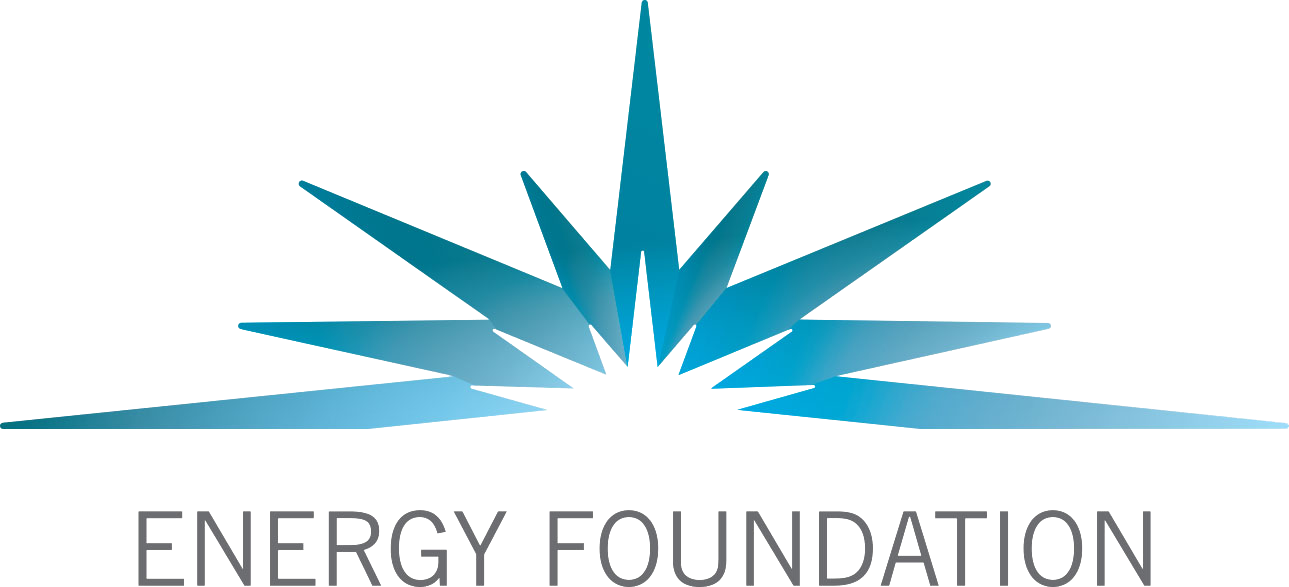
Energy Foundation
Read More
The Energy Foundation is a partnership of philanthropies advocating for policies that promote clean energy and cut carbon pollution from the U.S. economy.

Environmental Protection Network
Read More
The Environmental Protection Network (EPN) is a bipartisan volunteer organization committed to protecting and enhancing the nation’s achievements on clean air and water, land preservation, and climate protection. EPN boasts more than 550 former staffers of the U.S. Environmental Protection Agency who advocate for national environmental policy that preserves and improves public and environmental health, generate independent, objective analysis of policy questions, and provide technical assistance.
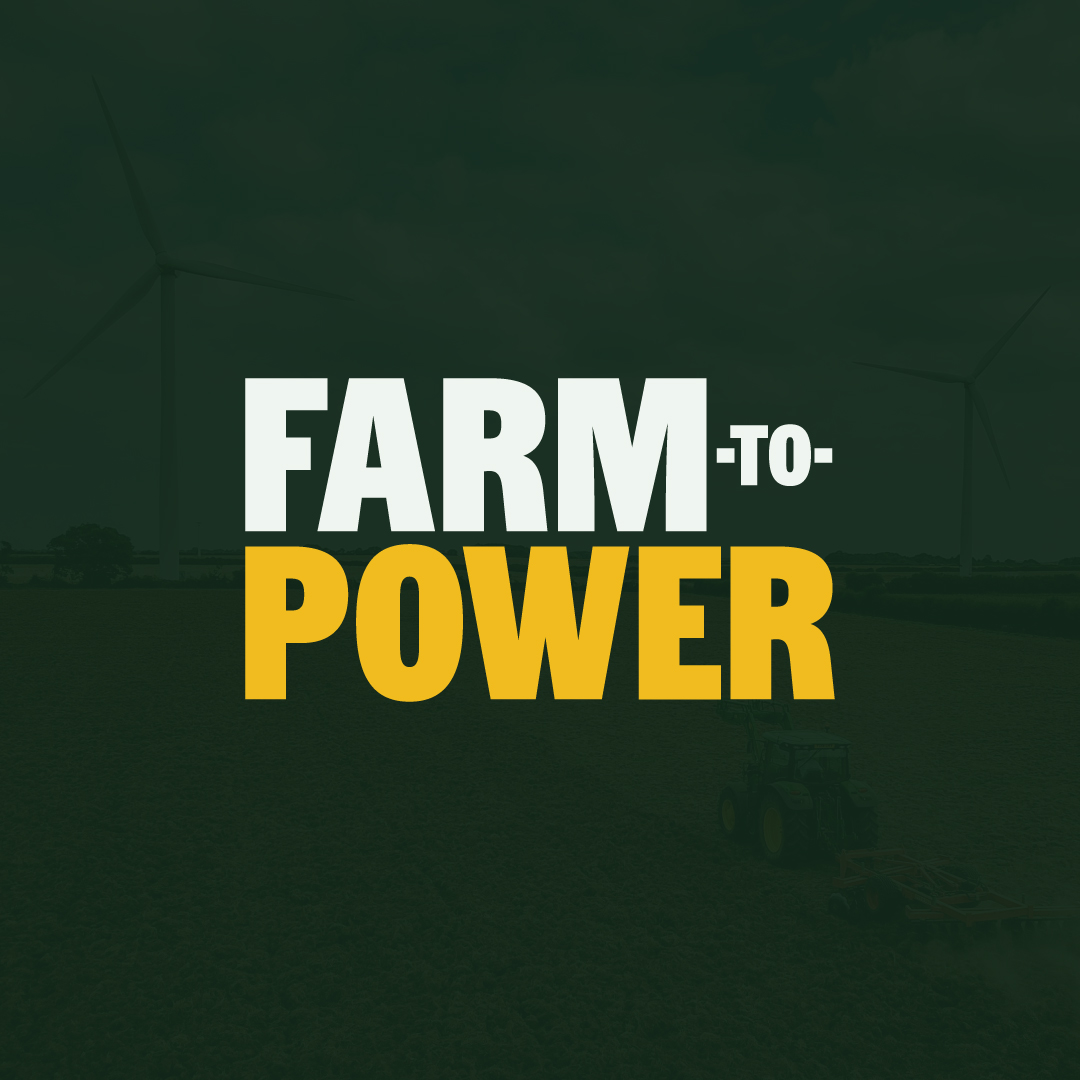
Farm-to-Power
Read More
Farm-to-Power (FTP) is a nonpartisan, nonprofit organization that formed in 2023 to shift perspectives on clean energy across rural America. Through on-the-ground organizing in Indiana, Arizona, Colorado, Kansas, Michigan, New Mexico, Ohio, and Wisconsin, FTP has built a coalition with dozens of agricultural community organizations and hundreds of farmers and ranchers who advocate for clean energy deployment on agricultural properties while combatting misinformation and false narratives.
Forward Together Wisconsin
Read More
Forward Together Wisconsin (FTW) was founded with two goals in mind. First, turbo-charging new federal clean energy investments, directing them into the Wisconsin communities most in need. Second, building a base of support across residents, business leaders, unions, schools, and community organizations for an equitable and inclusive clean energy transition. Invest in Our Future’s grant supported FTW’s efforts around organizing and canvassing, communications, and direct investments in union-built clean energy projects.
GRID Alternatives
Read More
GRID Alternatives is the nation’s largest nonprofit solar installer. Since 2004, GRID Alternatives have installed over 22,000 solar arrays in low-income communities and trained more than 50,000 people for solar jobs. A grant from Invest in Our Future supported an expansion of GRID Alternatives’ workforce development programming, including national and tribal workforce programs, and a mission aligned contractor network. This investment will support both GRID’s Solar for All award and their efforts to build an equitable clean energy workforce by creating pathways to solar careers for residents of low-income communities.
Great Plains Institute
Read More
The Great Plains Institute (GPI) is a nonprofit, nonpartisan organization focused on transforming the country’s energy system.
Greenlight America
Read More
Greenlight America is an independent nonprofit formed with the mission of mobilizing grassroots power to win local siting and permitting battles over clean energy projects. In response to the rise in vocal minorities of residents blocking or stalling clean energy development, Greenlight has built a “Clean Power Mobilization Hub” to assemble a base of clean energy supporters, identify high-need projects that could most benefit from direct engagement, and facilitate successful campaigns to gain approvals. Greenlight connects supporters with experts in campaigns and coalition building, communications, clean energy, and public policy, providing local efforts the resources and tools needed to succeed while gaining insights into how to scale these wins.
Greenlining Institute
Read More
Over three decades, the Greenlining Institute has sought to knock down barriers to economic opportunity and advance equity through “greenlining”: driving public and private investment into communities of color. Invest in Our Future awarded the Greenlining Institute a grant to support their “Greenlining the Block” initiative. Launched in 2021, this initiative engages community-based organizations in seven geographic regions nationwide to advance locally-led climate solutions, ranging from clean transportation and renewable-powered resilience hubs to stormwater capture and workforce training. The Greenlining Institute assists partner organizations with planning, developing, and securing funding for projects that will boost climate resilience in each region, while facilitating creation of new relationships with the public and private sector.

Groundswell
Read More
Groundswell is a nonprofit that champions clean energy projects as pathways to building community power and creating an equitable economy powered by clean energy. The organization has programs and projects in four states (Georgia, Illinois, Maryland, North Carolina) and the District of Columbia, which have generated more than $8 million in savings for low- and moderate-income households. Now, with the incentives and grants offered within the Inflation Reduction Act, Groundswell is working to scale their initiatives—which include community solar, resilience hubs, home energy efficiency, community-centered project finance, and R&D. Groundswell is creating a hub in Georgia to widen their reach across the Southeast. The organization is also launching a fund to directly support creation of community-owned clean energy projects.

Housing Partnership Network
Read More
Housing Partnership Network (HPN) is a collective of over 100 nonprofit organizations that build, plan, own and operate affordable housing properties. HPN facilitates lending, investment, and development, and encourages collaboration on programs, policies, and solutions members wouldn’t be able to execute on their own. In recent years, HPN has focused on helping members integrate clean energy and sustainability measures into their housing portfolios, ensuring affordable housing residents enjoy the health benefits and cost savings that come with decarbonization. With IOF support, HPN is providing technical assistance to network members developing decarbonization projects.

Inclusiv
Read More
Inclusiv is a Community Development Financial Institution intermediary, working with a network of community development credit unions that serve over 18 million residents of low-income communities nationwide. Invest in Our Future’s grant supported Inclusiv’s Center for Resiliency and Clean Energy, which leads a nationwide effort to fund local climate action through community-based finance. The Center offers affordable green loans for decarbonization projects in distressed and underserved communities—including rural, Tribal, environmental justice, and energy communities.

Jobs to Move America
Read More
Jobs to Move America (JMA) is a strategic policy center that researches, advocates for, and organizes around public spending that advances inclusive democracy, equitable economy, and healthy environment in communities nationwide. In response to the multi-trillion dollar opportunity created by the Inflation Reduction Act, Bipartisan Infrastructure Law, and the CHIPS and Science Act, JMA is working to direct the influx public spending towards projects that minimize harms while maximizing equity, good job creation, and broader community benefits.
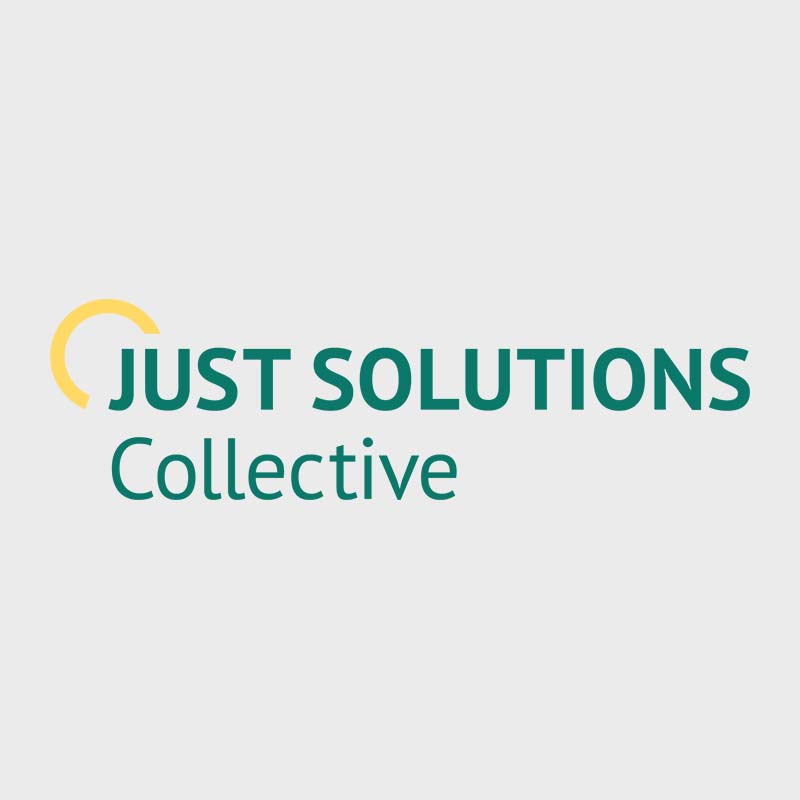
Just Solutions Collective
Read More
The Just Solutions Collective partners with communities nationwide that are disproportionately impacted by climate change, working with them to scale community-created solutions that advance their priorities and meet their needs. They invest in local and state leaders and back efforts to build community power, build capacity, and to expand awareness among frontline communities of their eligibility for relevant federal programs.

Just Transition Fund
Read More
The Just Transition Fund supports place-based strategies to help America’s coal communities successfully navigate the clean energy transition. These communities—spread across 10 percent of all counties nationwide—have been hard-hit by coal’s decline, but the rise of new clean energy technologies and availability of new federal investments offers an opportunity to retool infrastructure, reapply skills, and reshape local economies. Invest in Our Future awarded the Just Transition Fund a grant for their Federal Access Center (FAC). Through the FAC, the Just Transition Fund helps coal communities access federal funding for economic diversification, workforce development, and infrastructure projects that will facilitate a just, equitable transition. They also engage federal officials on implementation progress, identifying gaps and hurdles standing between disadvantaged communities and these critical resources.

Lawyers for Good Government
Read More
Lawyers for Good Government (L4GG) coordinates large-scale pro bono programs, with contributions from 125,000 lawyers and advocates. Every dollar of philanthropic support to L4GG unlocks $10 of pro bono support services from more than a hundred white-shoe law firms. L4GG is creating a pool of expert attorneys specializing in tax, renewable energy, and project finance. These attorneys work directly with state and local governments navigating guidance around new federal clean energy tax investments and incentives, and provide legal assistance to cities, Tribes, and community groups that need help accessing federal funding.
League of Conservation Voters Education Fund
Read More
The League of Conservation Voters Education Fund is an advocacy organization that works to deepen civic engagement and expand voter participation, building grassroots power within communities to advance racial, social, and environmental justice. It is the sister organization of the League of Conservation Voters, with which it often works in partnership.

Midwest Tribal Energy Resources Association
Read More
The Midwest Tribal Energy Resources Association (MTERA) is a nonprofit intertribal organization founded in 2014 to support Midwest Tribes navigating energy-related challenges and opportunities that advance Tribal sovereignty. The organization—which now includes 26 member Tribes in Michigan, Minnesota, and Wisconsin—provides customized assistance for energy planning efforts, maintains comprehensive planning and development resources, and connects Tribal representatives for shared learnings. IOF’s grant supported MTERA’s work to aid Tribes pursuing federal funding. Since receiving the grant, MTERA was also able to partner with the nonprofit GRID Alternatives in securing a $20 million award from the EPA’s Community Change Grants program, which they will use to build capacity among member Tribes and support home weatherization and energy efficiency upgrades.
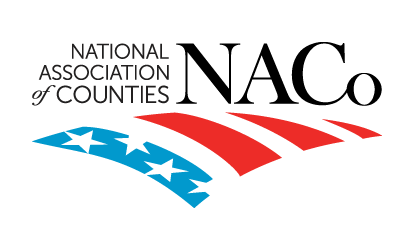
National Association of Counties
Read More
The National Association of Counties (NACo) represents the country’s nearly 40,000 elected county officials and 3.6 million county employees. As a network and information hub, NACo provides critical information on federal policies affecting county governments and facilitates the spread of best practices. A grant from Invest in Our Future supported NACo’s efforts to provide insights on the Inflation Reduction Act to their members, including data on clean energy benefits, resources on clean energy planning, and guidance on clean energy siting and permitting challenges.
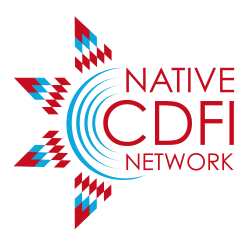
Native CDFI Network
Read More
Native CDFI Network (NCN) advocates for Native community development financial institutions (CDFIs) that offer Native trust land communities, American Indians, Alaska Natives, and Native Hawaiians access to capital. A nonprofit formed in 2009, NCN represents Native priorities and financial interests in national policy debates and provides opportunities for member CDFIs to share best practices. In 2024, the U.S. Environmental Protection Agency awarded NCN a $400 million Clean Communities Investment Accelerator (CCIA) award to extend capital and technical support to 63 community lenders, including 58 Native CDFIs. A grant from Invest in Our Future facilitated NCN’s initial work to develop and launch their CCIA program.
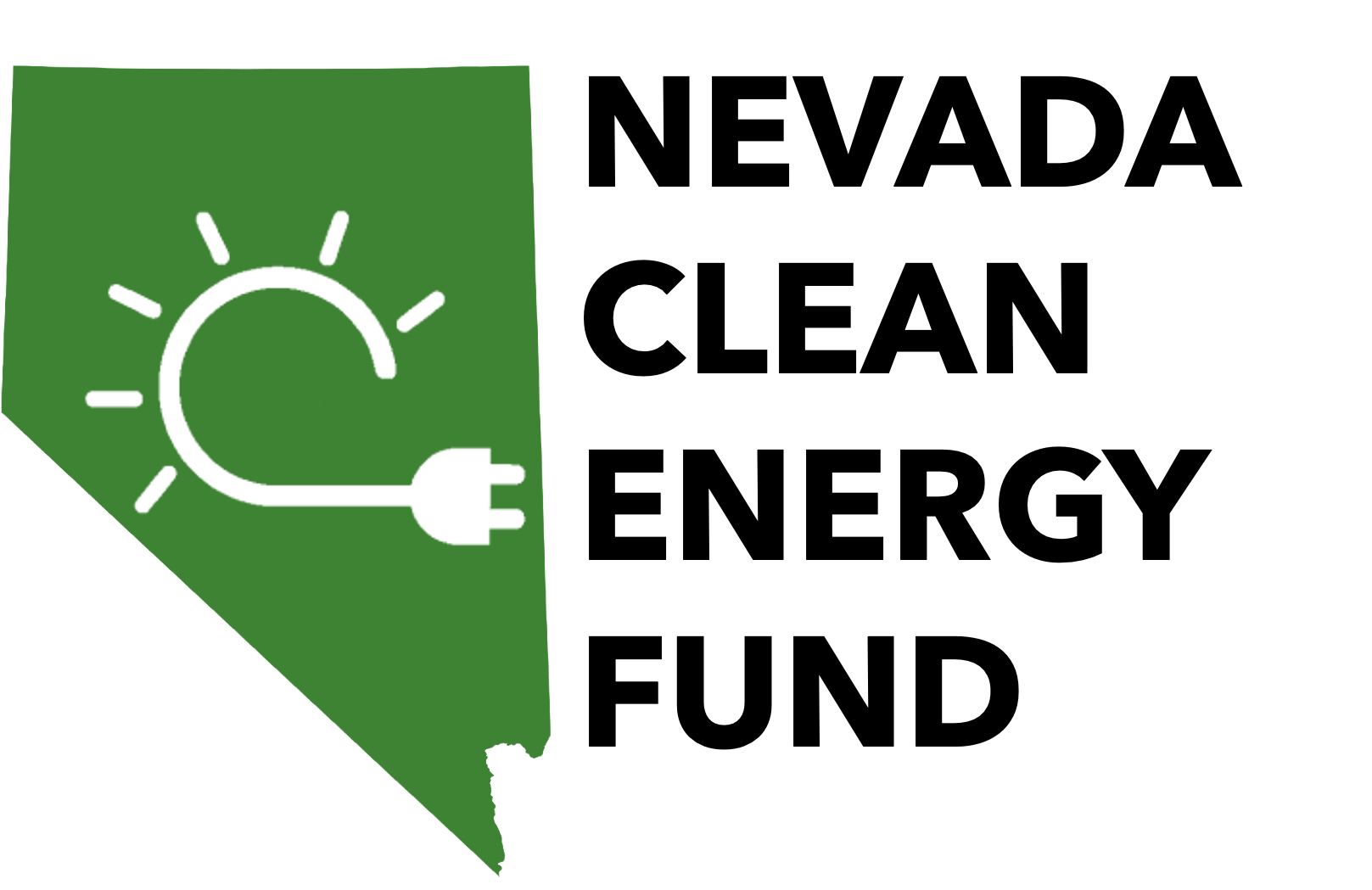
Nevada Clean Energy Fund
Read More
The Nevada Clean Energy Fund (NCEF) is a nonprofit that provides financial and technical resources to Nevada residents, Tribes, businesses, schools, and governments. NCEF serves as a “green bank” for the state, unlocking upfront funding for clean energy projects in frontline and underserved communities. The organization has played a critical role in the state’s implementation of federal clean energy investments. NCEF received a $7.7 million award from the U.S. Environmental Protection Agency’s Clean School Bus Program to roll out 25 electric school buses across eight Nevada school districts; are working with the state government to implement clean energy grants from the U.S. Department of Energy; and served as the state’s successful lead applicant for EPA’s Solar for All program, seeking millions in funding to support low-income solar programs.
New Mexico Climate Investment Center
Read More
New Mexico Climate Investment Center (NMCIC) was established to fill financing gaps for clean energy and sustainability projects throughout the state of New Mexico. A mission-driven, independent, nonprofit organization, NMCIC puts a particular focus on projects that offer direct benefits to low-income, disadvantaged, and Tribal communities, including energy cost savings, job creation and economic development, and health improvements.

NextGen Education Fund
Read More
NextGen Education Fund is a leading civic engagement organization focused on educating and empowering young people. Following passage of the Inflation Reduction Act, NextGen Education Fund is using its organizing capacity and youth network to raise awareness of federal clean energy investments, the benefits of the clean energy transition, and career opportunities within clean energy industries.
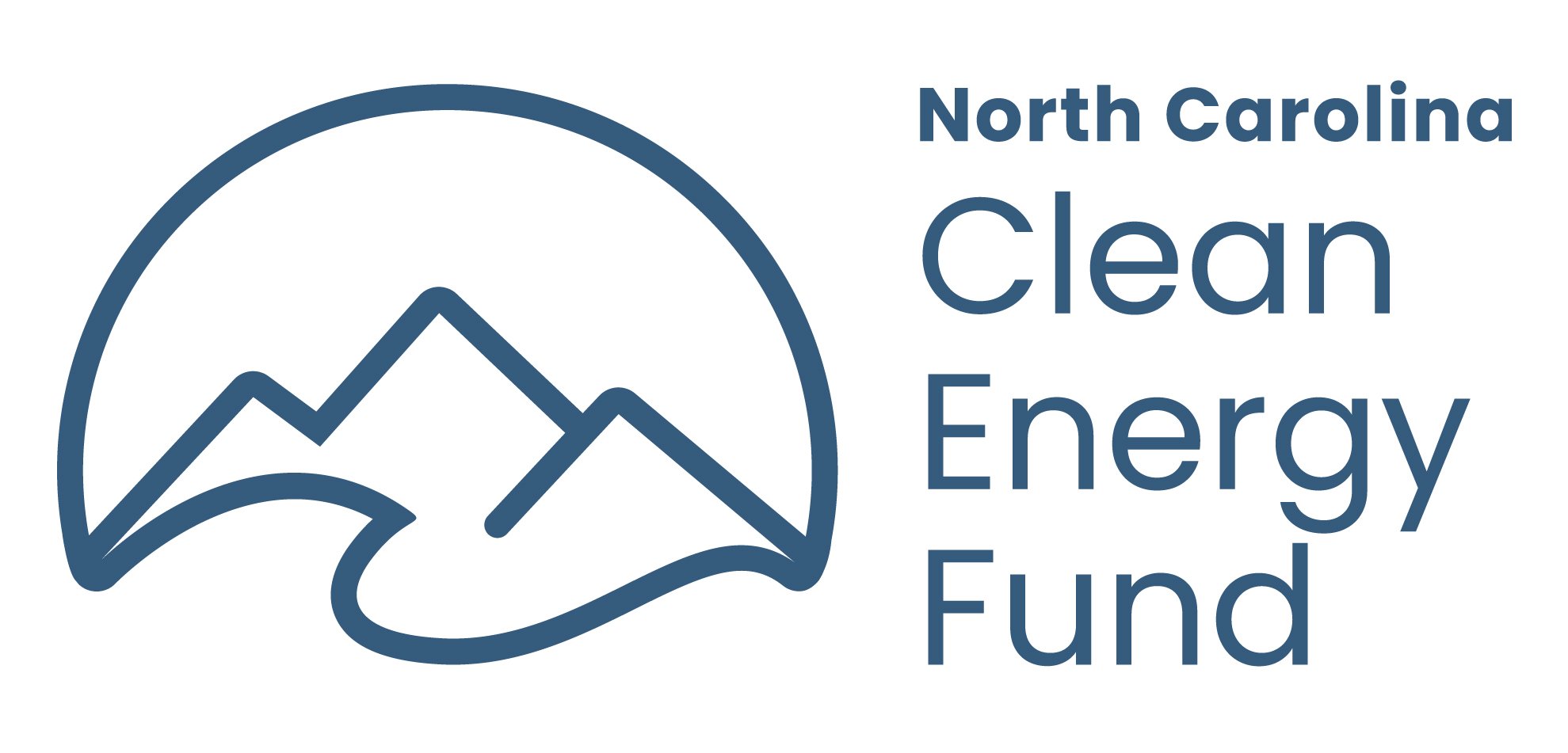
North Carolina Clean Energy Fund
Read More
The North Carolina Clean Energy Fund (NCCEF), created in November 2020, is an independent, nonprofit green bank. The organization was formed to address clean energy financing gaps and support projects that will build climate resilience across North Carolina, with a particular focus on underserved communities. NCCEF aims to leverage hundreds of millions in federal funding to advance high-impact clean energy projects in an equitable, inclusive, efficient manner, reaching individuals and businesses that would struggle to access capital from more traditional banks.

Opportunity Finance Network
Read More
Opportunity Finance Network (OFN) is a nonprofit industry association of more than 400 community development financial institutions that work to bridge the financing gap facing underserved communities. OFN manages $1 billion in capital to help members lend to individuals, organizations, and businesses overlooked by mainstream finance. Following passage of the Inflation Reduction Act, OFN has advocated for access to federal funds from programs like the $27 billion Greenhouse Gas Reduction Fund. Invest in Our Future’s funding catalyzed an expansion of the organization’s work in green finance, which will help unlock federal clean energy incentives for more communities.
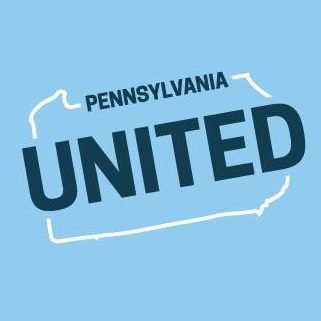
Pennsylvania United
Read More
Pennsylvania United is a grassroots organization building long-term organizing infrastructure to empower working class families across Western Pennsylvania. The group has nearly 1000 members across six chapters, who canvass and build support for causes that can deliver benefits to poor and working-class families. Among those causes is advocating for and amplifying the impact of decarbonization of public buildings and deployment of clean energy.

Power a Clean Future Ohio
Read More
Power a Clean Future Ohio engages local governments throughout the state to create and implement achievable, measurable, equitable, and economical plans to cut carbon pollution. The organization now counts 50 communities across Ohio as members. Power a Clean Future Ohio is working to enact climate action plans in at least 90% of their member communities, and to help these communities reduce carbon pollution by at least 40 percent by decade’s end.
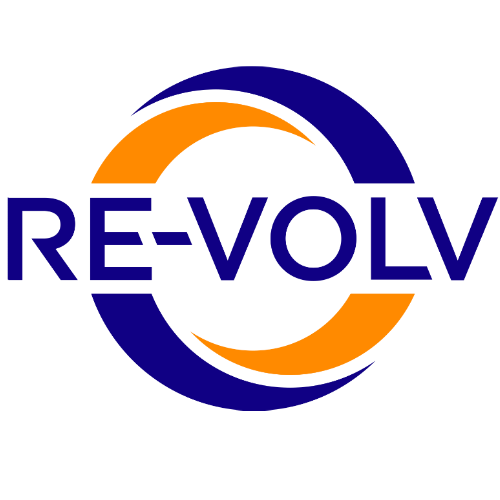
RE-volv
Read More
RE-volv is a nonprofit organization that offers financing for solar or solar+storage projects to community institutions, including local nonprofits, multifamily affordable housing developments, and houses of worship. Since the organization’s founding in 2011, RE-volv has deployed more than $12 million in solar financing for projects sited at over 70 nonprofits across 18 states. This portfolio has generated over $24 million in energy savings, meaning every dollar RE-volv has invested has netted $2 for their partners. Additionally, RE-volv trains college students to become “Solar Ambassadors” who engage with local nonprofits, providing insight into the benefits of going solar and guidance on how RE-volv’s financing options can make new projects feasible.
Rewiring America
Read More
Rewiring America (RA) is a nonprofit dedicated to advancing electrification through homes, businesses, and communities nationwide. In response to the federal clean energy incentives offered through the Inflation Reduction Act, RA has set out to become the U.S.’s hub for electrification, with ambitions of generating millions of electrification project leads, connecting households to trained, vetted contractors, and driving communities to develop and execute electrification strategies. RA runs Rewiring Communities, a program focused on locally-driven campaigns that educate households on electrification, negotiates discounts on electrification upgrades, and builds support for local policies to electrify schools and businesses.
Roosevelt Institute
Read More
The Roosevelt Institute is a pioneering think tank charting pathways to a more democratic, equitable future. Following the example of Franklin and Eleanor Roosevelt, the Roosevelt Institute advocates for progressive macroeconomic, labor, and climate policy to rebalance power between corporations and the public.

Rural Climate Partnership
Read More
The Rural Climate Partnership (RCP) is a funding collaborative that promotes climate solutions for rural America, by rural America. RCP engages rural communities, lifting up place-based strategies for advancing clean energy and agriculture transitions that will save money while reducing pollution. RCP also runs the Resource Rural initiative that provides technical assistance to rural communities seeking to access federal clean energy funding and organizes grassroots support for new clean energy projects.

Rural Power Coalition
Read More
Rural Power Coalition (RPC) was formed by rural organizations with the goal of empowering rural communities to become the leaders of an equitable, clean energy transition that builds distributed localized wealth. Following passage of the Inflation Reduction Act, the coalition is focused on encouraging rural electric cooperatives—which collectively serve electricity to 42 million Americans—to embrace clean energy technologies that offer lower energy costs, new jobs, infrastructure enhancements, and health improvements. RPC facilitates grassroots organizing to support new clean energy investment by these co-ops, particularly in persistent poverty areas, rural communities of color, and traditional energy communities.
Rural Voices Network
Read MoreRural Voices Network
Rural Voices Network (RVN) organizes rural leaders, farmers, small businesses, and community members nationwide to advocate for policies that benefit rural America. RVN has a strong track record of building public support among rural constituencies for new projects and solutions. They are now applying this model to renewable energy deployment.

Siting Clean Collaborative
Read More
Federal clean energy investments have made siting and permitting for local clean energy projects a major priority for the clean energy transition. The Siting Clean Collaborative (SCC) is an initiative to map, coordinate, and advise the growing field of philanthropy, non-profit organizations, academics, government agencies, and industry groups working to responsibly accelerate siting and permitting processes while generating meaningful benefits for project host communities. The Collaborative is working actively to identify cross-sector strategic challenges surrounding the rapidly evolving issue of local renewable energy siting; monitor the field for strategic gaps; serve as a hub for strategy development, alignment, and coordination; support experimentation, incubation, and learning; and facilitate adoption of solutions.

Solar Energy International
Read More
Solar Energy International (SEI) is a nonprofit educational organization focused on solar technical training. Since its founding in 1991, SEI has developed leading curriculum and training programs for the solar industry. A grant from Invest in Our Future supported SEI’s efforts to design specialized educational offerings for solar operations and maintenance pathways, build out their utility solar curriculum, create new scholarship opportunities, and expand outreach to underrepresented communities.
Solar United Neighbors
Read More
Solar United Neighbors (SUN) is a national nonprofit focused on increasing access to solar energy. Along with directly assisting homeowners interested in solar, SUN cultivates solar advocates who help increase public approval for solar and reshape outdated media narratives. New federal clean energy investments include significant incentives for communities and families to go solar, creating an opportunity for solar energy to spread further, faster. In response, SUN used a grant from Invest in Our Future to scale up its offerings—including technical assistance for solar shoppers and solar bulk-purchasing programs.

Southeast Energy Efficiency Alliance
Read More
The Southeast Energy Efficiency Alliance (SEEA) is an Atlanta-based nonprofit established in 2007 to increase energy efficiency across the Southeast. SEEA advances smart policy, effective building codes, and innovative energy projects across 11 states—Alabama, Arkansas, Florida, Georgia, Kentucky, Louisiana, Mississippi, North Carolina, South Carolina, Tennessee, and Virginia. A grant from Invest in Our Future supported SEEA’s efforts to provide research and technical assistance to state energy offices, local governments, and communities in Georgia and North Carolina seeking federal clean energy funding from the Bipartisan Infrastructure Law and the Inflation Reduction Act.

State Support Center
Read More
The State Support Center (SSC) connects states with technical assistance providers that can help unlock federal funding from the Inflation Reduction Act and the Bipartisan Infrastructure Law. They are working to coordinate and track evolving climate and clean energy needs at the state level, as well as coordinating addressing those needs with technical assistance support providers.
Sustainable Cities Fund’s Lighthouse Cohort
Read MoreSustainable Cities Fund’s Lighthouse Cohort
Launched by the New Venture Fund with support from Bloomberg Philanthropies and other philanthropic partners, the Sustainable Cities Fund (SCF) provides strategic regranting and program support for climate action at the local level. SCF convened the Lighthouse Cohort to address the challenges surrounding access to new federal tax incentives for new clean energy projects at the local level. The Lighthouse Cohort is a team of technical assistance and network partners that will guide local governments and community-based organizations through the process of successfully claiming elective pay and other clean energy tax rebates. Invest in Our Future’s grant supported the Lighthouse Cohort’s initial goal of providing a blend of financial, legal, and project assistance to at least 50 cities across 17 states.
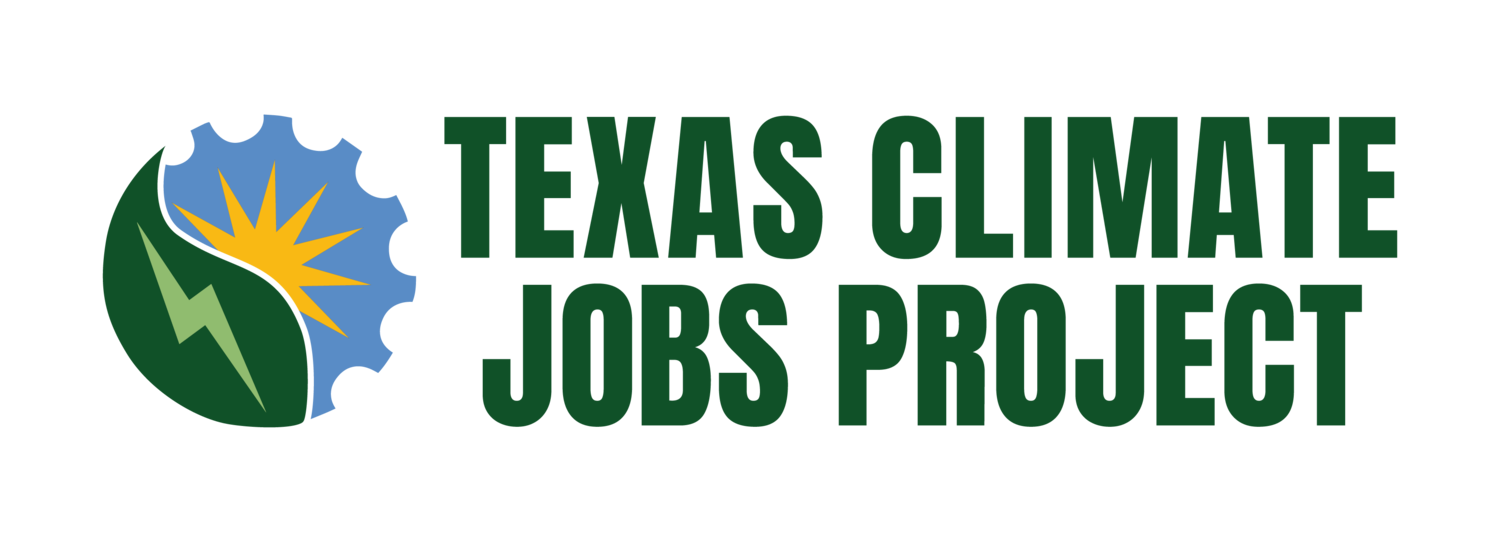
Texas Climate Jobs Project
Read More
The Texas Climate Jobs Project (TCJP) was founded by a group of labor unions across Texas to give working people a prominent voice in the state’s clean energy transition. TCJP advocates for good-paying jobs in burgeoning clean energy sectors to address both widening inequality and worsening impacts of climate change. TCJP is currently scaling an apprenticeship readiness program, advancing new clean energy projects, and uplifting success stories stemming from federal clean energy investments.

The AFL-CIO Working for America Institute
Read More
The AFL-CIO Working for America Institute (WAI) is the union’s nonprofit workforce development arm. WAI offers technical assistance, training programs, and services for unions, employers, joint labor-management partnerships, educational and workforce systems, and community organizations, with an emphasis on the manufacturing sector. Invest in Our Future supported WAI’s new Manufacturing Core Curriculum (MC2) project, aimed at addressing escalating needs for skilled labor in critical manufacturing sectors by providing marginalized communities greater access to job training.
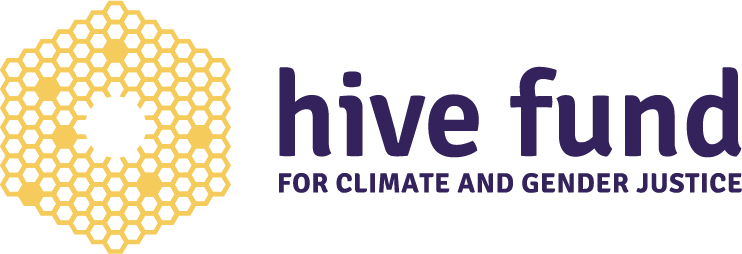
The Hive Fund for Climate and Gender Justice
Read More
The Hive Fund for Climate and Gender Justice empowers more than 120 partner organizations—many led by Black, Brown, Indigenous, and Asian American and Pacific Islander women—in their work to advance an equitable clean energy transition across the South. The Hive Fund has established 10 IRA Climate Justice Zones” where they work with partner organizations connected to lower- and moderate-income, spurring clean energy deployment and driving down carbon pollution with the help of federal clean energy investments.
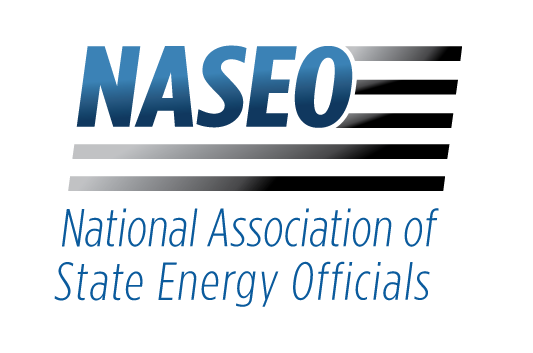
The National Association of State Energy Officials
Read More
The National Association of State Energy Officials (NASEO) is a national nonprofit association for energy officials from all 56 U.S. states and territories, who are tasked with implementing key programs from the Bipartisan Infrastructure Law and the Inflation Reduction Act. Serving as a network for State and Territory Energy Offices, NASEO helps these offices learn about effective state-level energy policy from one another, facilitates partnerships, and provides channels for sharing resources and best practices. NASEO also interfaces with Congress and federal agencies, providing Washington insight into the challenges and opportunities facing these offices.
The Solutions Project
Read More
The Solutions Project (TSP) is a national nonprofit that identifies and funds organizations—particularly women of color-led organizations—forging climate solutions alongside frontline communities. Along with directly backing efforts to craft community-centered responses to climate change (from clean energy deployment to disaster preparedness) TSP provides communications training to these organizations, so they can reshape public opinions and policy discussions around climate change.
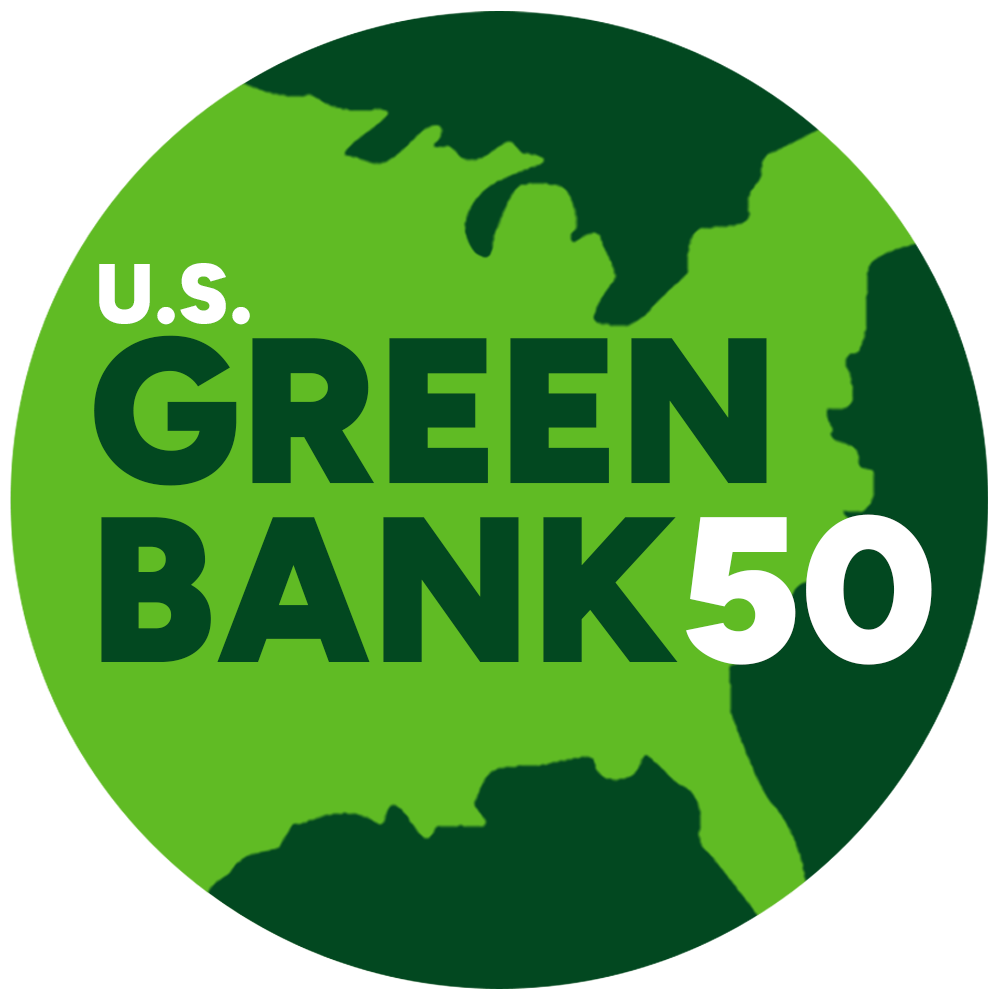
U.S. Green Bank 50
Read More
The U.S. Green Bank 50 (GB50) is a network of nearly 50 mission-driven green financing institutions operating in areas historically underserved by clean energy project capital. Created in 2024 to support this nascent and emerging group’s goal of equitable clean energy development, GB50 enhances capacity at its member institutions by facilitating collaboration on financial strategies, coordination of resources and tools, and standardization of best practices. The network also provides strategic guidance and technical assistance to members seeking public and private sector funding opportunities. A grant from Invest in Our Future supported GB50's launch and early efforts.
US Climate Alliance
Read More
In 2017, the governors of Washington, New York, and California launched the US Climate Alliance (USCA) to drive ambitious climate policies at the state level. Today, USCA is a bipartisan coalition, with governors from 25 states and territories collectively representing over half of the U.S. population. USCA offers technical assistance support to and across states on a variety of climate and clean energy implementation topics.

UndauntedK12
Read More
Formed in 2020 to emphasize the key role schools can play in decarbonization, UndauntedK12 works to align every dollar spent on K-12 school infrastructure with an equitable, resilient, clean energy future. The organization engages in advocacy, coalition building, strategic communications, and technical assistance. In 2023, UndauntedK12 launched the Schools and the IRA campaign to raise awareness of the programs and incentives available to schools through the Inflation Reduction Act. The campaign—supported in part by a grant from Invest in Our Future—encourages state, local, and education leaders to use federal funding for new clean energy and energy efficiency projects at schools, engages technical experts to offer guidance on project planning and implementation, and facilitates the spread of best practices nationwide.

United Today Stronger Tomorrow by Center for Community Change
Read More
United Today Stronger Tomorrow (UTST) is a strategic campaign and organizing hub, mobilizing individuals and community organizations across the Inter-Mountain-West to ensure public and private investments advance community needs. The initiative focuses on building up strong organizing infrastructure in communities that lack it. A grant from Invest in Our Future supported UTST’s efforts to raise awareness of federal clean energy investment in Michigan and the Four Corners region of the Southwest, execute campaigns to rally support for new programs and projects, and engage emerging organizers and advocates. UTST was founded with support and fiscal sponsorship from the Center for Community Change.

We Are Down Home
Read More
We Are Down Home formed in the summer of 2017 to build power across North Carolina’s rural- and working-class counties through permanent, year-round organizing efforts. Down Home now boasts 2,000 members and a broader community base of 14,000 North Carolinians. The organization offers annual training sessions to teach members of local chapters how to design, run, and win issue campaigns, and provides ongoing support for these campaigns throughout the year. These campaigns are now increasingly focused on tapping federal funds for local projects—from building community solar arrays and installing rooftop solar at public schools, to increasing resilience against hurricanes, floods, and heatwaves—and for ongoing Hurricane Helene recovery efforts.
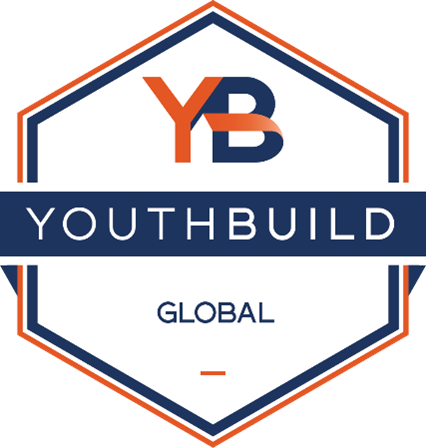
YouthBuild Global
Read More
YouthBuild Global began in the 1980s as a small group of youth-serving programs in New York City. It now boasts a global network of 320 programs—240 in the U.S. alone—helping young people complete high school and training them for good-paying jobs within high-demand professions. In 2024, YouthBuild launched a solar panel training and certification pilot program providing opportunities to gain the skills needed to enter and excel in the rapidly growing solar industry. Initially offered at just three program locations in the U.S., YouthBuild is using a grant from Invest in Our Future to expand the program and begin training more than 200 young people a year for solar jobs.
